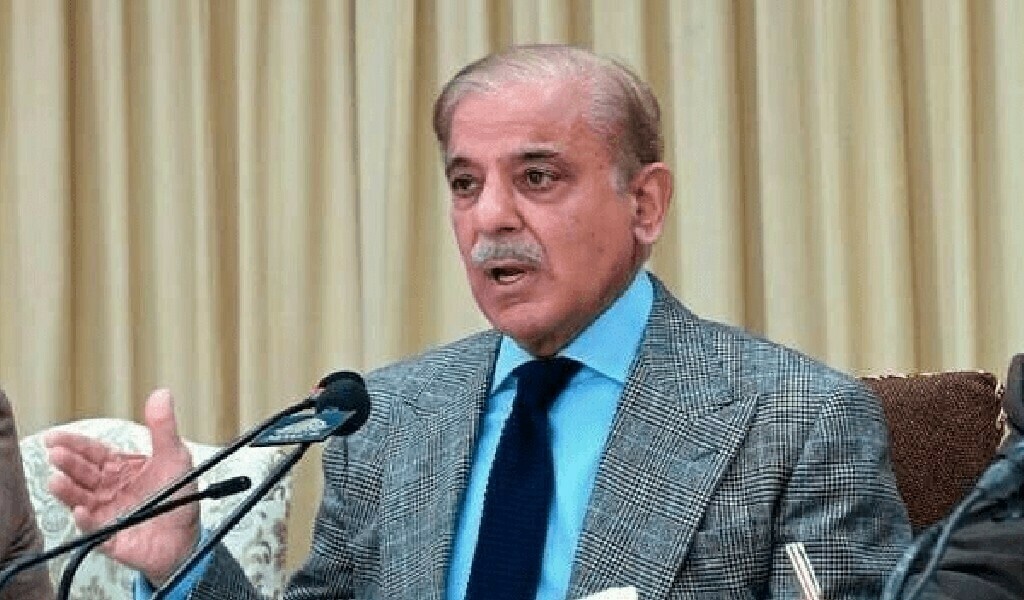Pakistan has successfully conducted the second trial of its newly implemented system to regulate online content, focusing on ensuring national security and maintaining digital harmony. The initiative, aimed at monitoring and controlling the flow of information on social media platforms, represents a significant step toward a more secure digital environment in the country.
The trial involved collaboration with internet service providers, who installed the necessary systems to restrict access to specific online content. This included the temporary blocking of certain social media applications and the limitation of audio and video downloads. The temporary disruptions in mobile signals and internet services experienced by users during the trial were a direct result of these installations.
The primary objective of this initiative is to curtail the spread of controversial content and propaganda that could potentially harm the country’s stability. By regulating online content, the government aims to prevent the dissemination of harmful material that could incite violence, spread misinformation, or undermine national security.
One of the key features of this system is its advanced deep packet inspection (DPI) capabilities. This technology allows authorities to closely monitor and analyze data packets traveling through the network, enabling them to identify and block IP addresses associated with anti-state activities and propaganda. The system’s ability to detect and neutralize potential threats at this level marks a significant advancement in Pakistan’s digital security infrastructure.
While the trial has temporarily impacted internet users, sources within the government assure that normal service is expected to resume within the next two to three days. The temporary inconvenience is viewed as a necessary step in the broader effort to secure the nation’s digital landscape.
The development of this content regulation system comes at a time when the country faces growing challenges in managing the rapid expansion of social media and digital platforms. With the increasing prevalence of online communication, the potential for misuse has also risen, necessitating stronger regulatory measures.
Critics of the initiative have raised concerns about the potential for overreach and the impact on freedom of expression. However, government officials have emphasized that the primary goal is to target content that poses a genuine threat to national security. The system is designed to operate within the legal framework, with checks and balances in place to prevent abuse.
The broader context of this initiative is Pakistan’s ongoing struggle to balance the benefits of digital connectivity with the need to protect its citizens from the dangers of online propaganda. The rapid proliferation of social media platforms has made it easier for malicious actors to spread harmful content, often with far-reaching consequences. By implementing this content regulation system, the government aims to create a safer online environment for all citizens.
The success of this trial marks an important milestone in the government’s efforts to modernize its approach to digital security. Moving forward, the authorities plan to continue refining the system, incorporating feedback from various stakeholders to ensure that it meets the needs of the nation while respecting individual rights.
In addition to its focus on national security, the system is also expected to play a role in addressing other forms of harmful content, such as hate speech, cyberbullying, and online harassment. By extending its reach beyond just anti-state activities, the government hopes to create a more inclusive and respectful online community.
As Pakistan continues to navigate the complexities of the digital age, initiatives like this content regulation system will be crucial in ensuring that the benefits of online connectivity are realized without compromising the safety and security of its citizens. The trial’s success is a promising indicator of the country’s ability to adapt to the challenges of the modern world while safeguarding its core values and interests.




